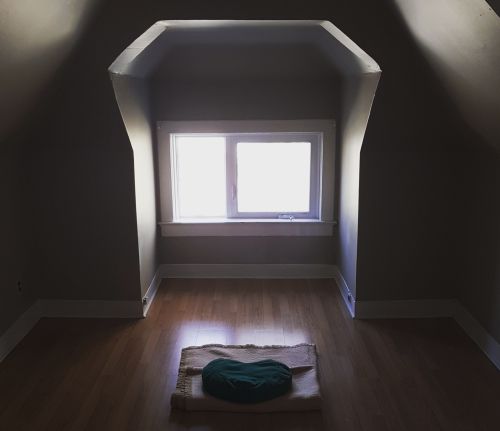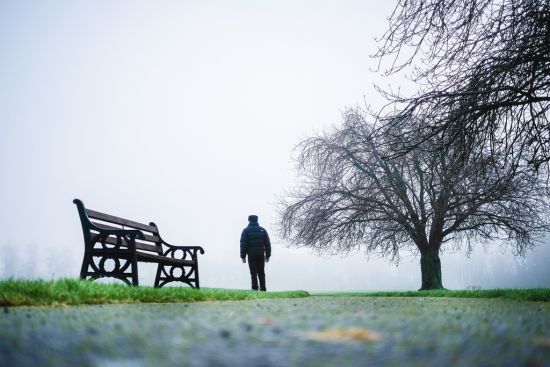
Jerry Seinfeld joked that if aliens came to earth and saw people walking dogs, they would assume the dogs are the leaders. The dog walks out front, and a gangly creature trailing behind him picks up his feces and carries it for him.
Throughout my life I’ve had moments where I felt like one of these visiting aliens, where something I knew to be normal suddenly seemed bizarre. I remember walking home from somewhere, struck by how strange streets are: flat strips of artificial rock embedded in the earth so that our traveling machines don’t get stuck in the mud.
Everything else seemed strange too. Metal poles bending over the road, tipped by glowing orbs. Rectangular dwellings made of lumber and artificial rocks. The background noise is always the hum of distant traveling machines, and all of this stuff was built and operated by a single species of ape.
Even stranger was the fact that these strange things usually don’t seem strange. I know I’m not the only one who has felt this. A few people have shared similar experiences with me, and according to The School of Life, it was a central theme in Jean-Paul Sartre’s novel Nausea.
Sartre apparently believed that the world is far stranger and more absurd than it normally seems. Most of the time, however, we ascribe a kind of logic and order to the world that it doesn’t really have, so that we’re not constantly bewildered by it. Sometimes we momentarily lose track of that logic, and the true strangeness of life is revealed. In these moments, we see the world as it is when it’s been “stripped of any of the prejudices and stabilizing assumptions lent to us by our day-to-day routines.” In other words, we occasionally see the world as if for the first time, which could only be a very strange experience indeed.
Although I know this experience isn’t unique to me, I had no idea whether most people could relate. So when I discovered the surprisingly popular podcast Welcome to Night Vale, I felt that a small but significant part of my experience had been understood. Night Vale is a fictional desert town, and each episode of the podcast is about 20 minutes of broadcasts from its public radio station. The host reads public service announcements, advertisements, community news and weather, and messages from the City Council.
That would be extremely boring, except that almost everything that happens in the Night Vale is incredibly strange, even impossible.
The first announcement in the first episode is a reminder from City Council that dogs are not allowed in the dog park, and neither are citizens, and if you see hooded figures in the park you are not to approach them. In an unrelated matter, there is a cat hovering four feet off the ground next to the sink in the men’s washroom at the radio station. It cannot move from its spot in mid-air, but it seems happy, and staff have left food and water for it.
Wednesday has been canceled, due to a scheduling error. There is a glowing cloud raining small animals on a farm at the edge of town. A large pyramid has appeared in a prominent public space, apparently when nobody was looking. Read More










 I'm David, and Raptitude is a blog about getting better at being human -- things we can do to improve our lives today.
I'm David, and Raptitude is a blog about getting better at being human -- things we can do to improve our lives today.
I highly recommend a consistent, daily meditation practice! For years I was interested in meditation, but never did much more than read a lot about it, and think a lot about it... but that doesn't hold a candle to actually sitting and meditating every day. I find it helpful to keep...